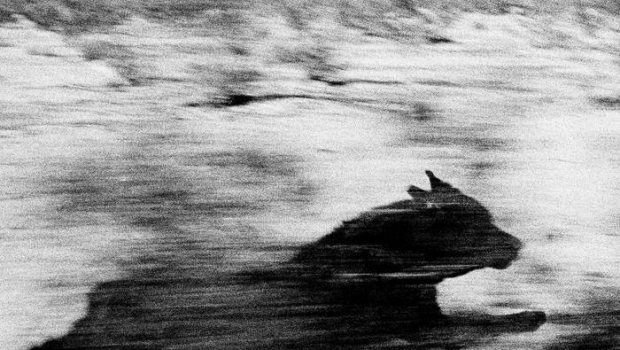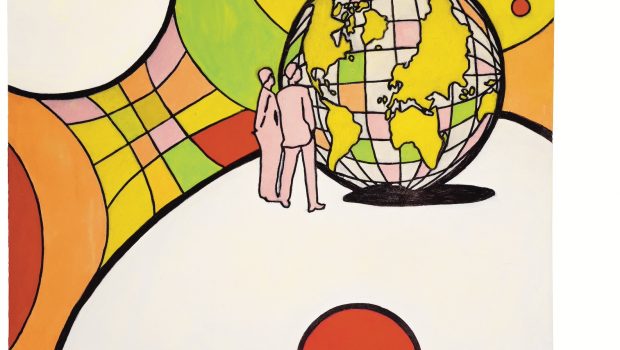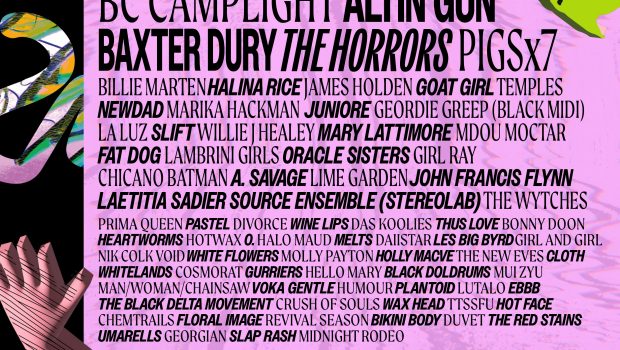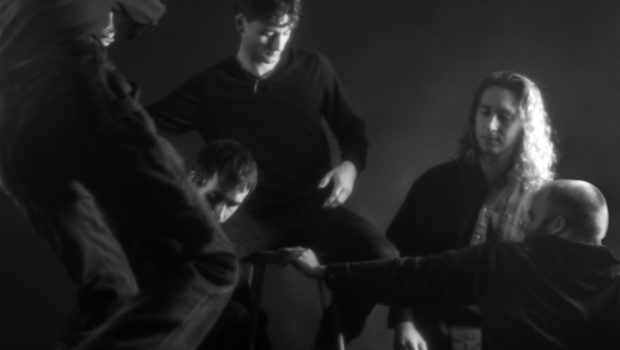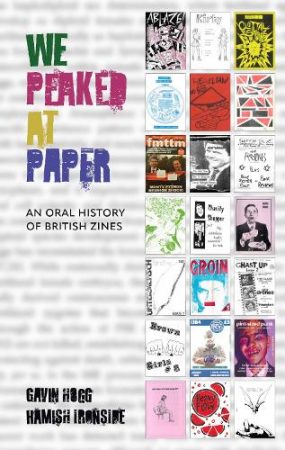 As a former fanzine editor, I was naturally drawn to this book. Enthusiasm and the willingness to share that excitement without any expectation of financial reward are endearing qualities. Because of personal experience, my first thought when fanzines are mentioned is of publications about music. However, what makes Hogg and Ironside’s study especially enjoyable is how they widen the parameters to include science fiction and football zines, together with what are known as perzines. The authors travel the country interviewing twenty former and current editors of zines face-to-face, their conversations appearing in a question-and-answer format but always maintaining a natural flow.
As a former fanzine editor, I was naturally drawn to this book. Enthusiasm and the willingness to share that excitement without any expectation of financial reward are endearing qualities. Because of personal experience, my first thought when fanzines are mentioned is of publications about music. However, what makes Hogg and Ironside’s study especially enjoyable is how they widen the parameters to include science fiction and football zines, together with what are known as perzines. The authors travel the country interviewing twenty former and current editors of zines face-to-face, their conversations appearing in a question-and-answer format but always maintaining a natural flow.
While usually zines are portrayed as being a punk invention, science fiction fan publications date back to the 1930s and the opening interviewee Rob Hansen is a specialist in this field, not only having produced 18 issues of a zine, ‘Epsilon’, between 1976 and 1985 but also researching a book on the subject. In a conversation which also took in comic zines, it was especially interesting to learn that possibly the first British music zine, about jazz, was produced in the 1950s by the sci-fi and fantasy author Michael Moorcock.
Appropriately, Mark Perry, whose ‘Sniffing Glue’ is the famed zine of the punk era starts the journey through music zines. It takes in the likes of Karren Ablaze! (whose zine inspired my early efforts), writers who ended up having careers with somewhat larger circulations (Pete Paphides and Sian Pattenden in The Times and Smash Hits respectively), the editors of single group/singer zines on The Smiths and Nick Drake, Cud’s William Potter whose publication straddled the boundary between comic and fanzine, Saskia Holling of riot grrrl zine ‘Heavy Flow’, all the way through to Arlo Lippiatt who started his ‘Pint-Sized Punk’ zines as a 10-year-old’s home schooling project during lockdown.
Football zines get coverage in the form of Robert Nichols whose Middlesbrough zine, ‘Fly Me To The Moon’, has amassed over 600 issues and Dave Thomas, editor of a Queens Park Rangers zine for 35 years. The latter had great stories to tell about mentoring a 14-year-old Pete Doherty who produced a few issues of his own zine about QPR.
One of the best chapters is with Mark Hodkinson who formed both a band and zine called Untermensch in the early 1980s with school friends in Rochdale before subsequently venturing into press and broadcast journalism together with running his own publishing house and writing a book, ‘Nobody Round Here Reads Tolstoy: Memoirs of a Working-Class Reader’. In a conversation that ranges from Crass to J. D. Salinger, he makes the point that while John Peel seemed unusual at the time for being in his 40s and still interested in new bands, he has generated a whole generation of people who have persisted with that attitude. What is striking throughout the interviews is that none of the writers started their zines with any long-term plan or strategy and while it is surprising how many of them went on to make a living through writing, it is less of a shock that most of them have carried on pursuing creative projects.
The book includes debates about what can be defined as a zine and how they differ from internet writings such as blogs. The editors believe that it only applies to publications on paper, preferably the views of one person (even though Silent Radio shares many of the attributes of a zine, being an outlet for enthusiasm about music and independence from the industry, we do not fit their definition, perhaps we could be considered ‘zine adjacent or influenced’). The book celebrates the idiosyncratic, iconoclastic and the sheer willingness to have a go. There are moments that feel too niche for most tastes as when discussing printing processes and the use of Letraset but this is leavened by the editors laughing at their unsuccessful attempts to sell their own zines.
‘We Peaked At Paper’ is a beautifully packaged book including its own bookmark, a fully functional index, maps of where the interviews took place and a photo of each interviewee together with front covers of their zines. It is a book that should appeal not just to people who have written zines but to anyone interested in celebrating the creative process.
‘We Peaked At Paper: An Oral History of British Zines’ by Gavin Hogg and Hamish Ironside – Out now (Boatwhistle Books) at www.boatwhistle.com


